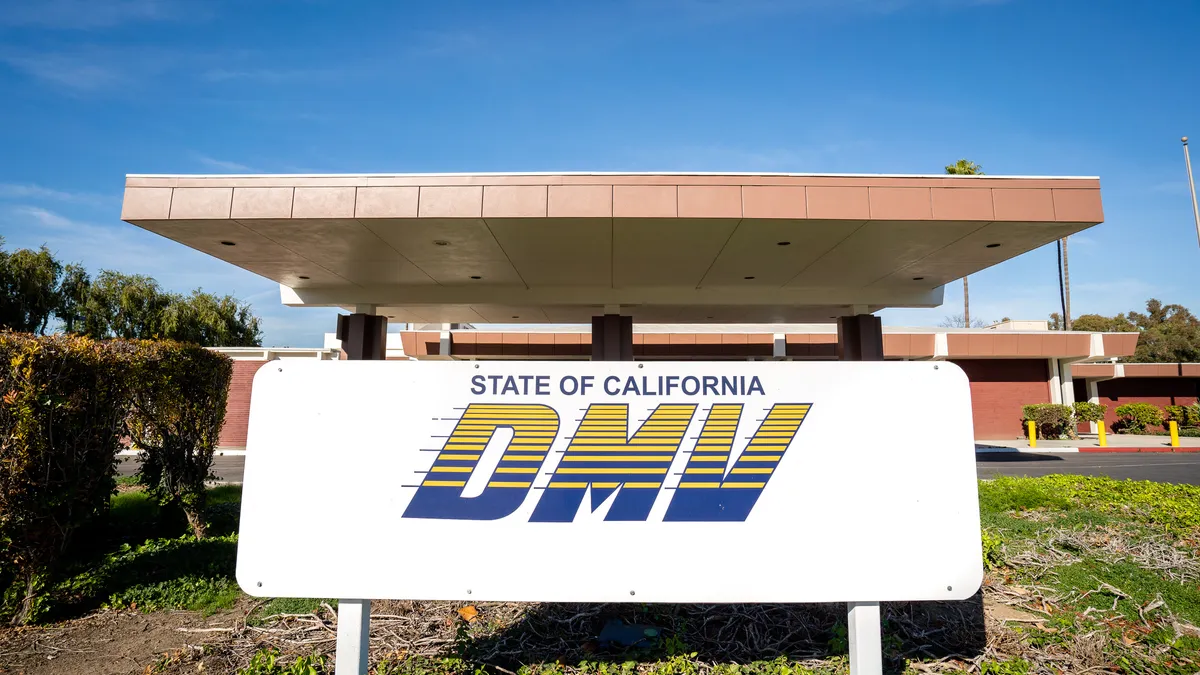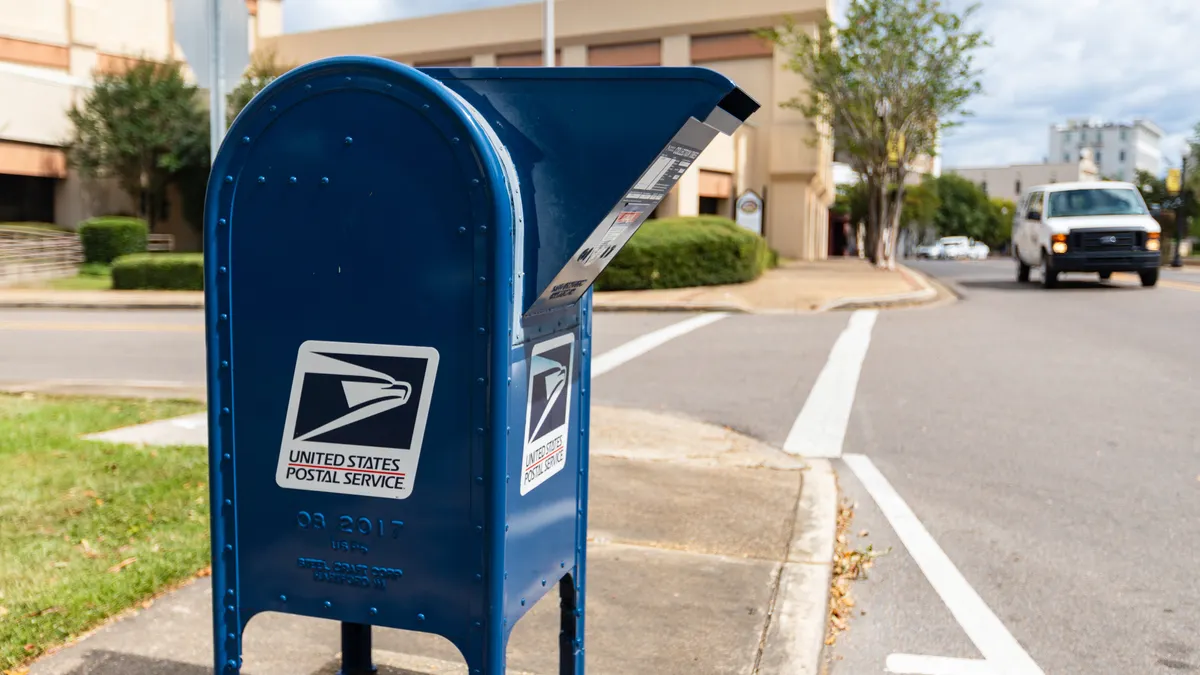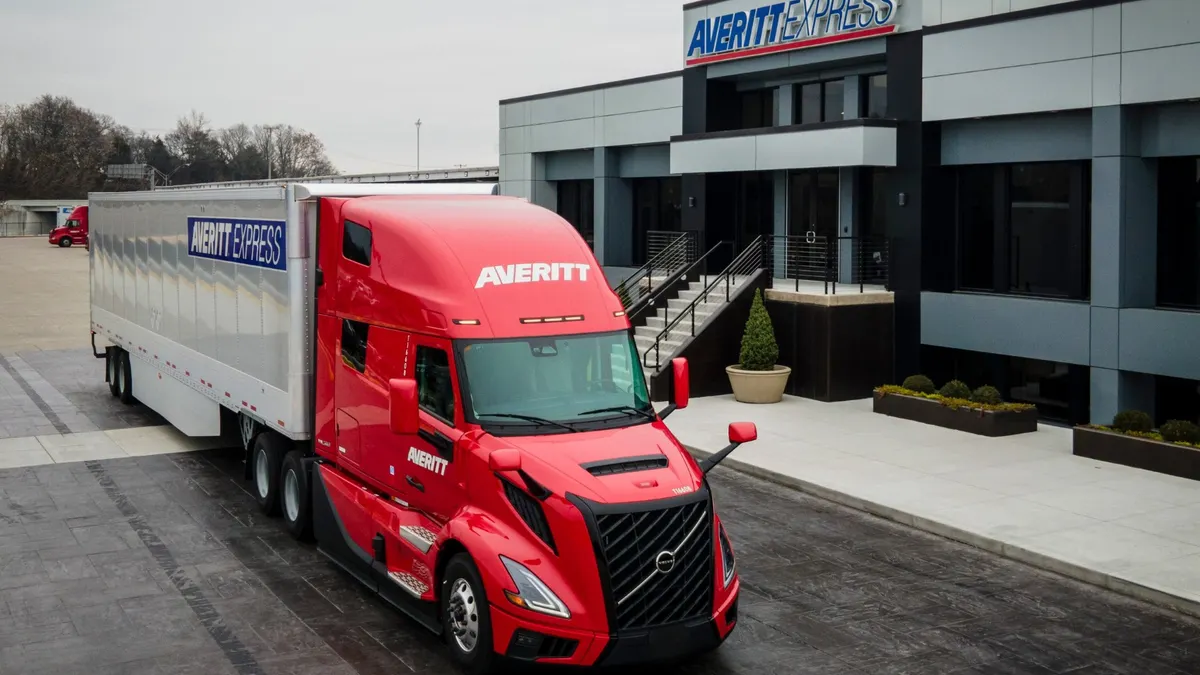Sales is the front-line function that creates customers — a company's lifeblood. So, why do we typically wait until we get that dreaded "I quit" phone call before beginning to think about recruiting new sales talent? It should be an ongoing process.
Losing an experienced sales person in a territory isn't disastrous. But it sure is a pain in the backside for customers, the many company functions that depend on their support and, of course, the sales leader.
Sales positions rank as the third-most in-demand role, according to a study this year by ManpowerGroup. And recruiting firm Hire Velocity said they take an average of 58 days to fill. So, interview even when you aren't hiring. Build a "stable."
You never know when that aforementioned phone call is going to come. Money and opportunity are lost every day a territory is left vacant.
The best and worst forms of recruiting
I'd argue sales positions are the most difficult for which to recruit. Identifying an individual who possesses the right combination of attributes requires you to seek talent from anywhere and everywhere.
My first inclination was to hire from within. While some companies do this exclusively, I don't think it advisable to potentially "settle" for a marginal candidate for such an important position. Venture outside for raw talent that you can refine to your purpose.
I've always found that "cattle calls" are the worst form of recruiting. Not only is it time-consuming to wade through all the resumes you'll receive, you'll spend a lot of time interviewing people whose exaggerated talents don't actually line up with their resumes.
Money and opportunity are lost every day a territory is left vacant.

Never have I met a candidate who didn't think they couldn't one day do my job (the most common response to, "what are your aspirations"), no matter how inexperienced and unqualified they were. And I'm not sure these online portals are much better.
I also understand the temptation of using Human Resources to ferret out the "best" candidates. But I and others have found this to be a highly flawed process, especially if hiring/recruiting isn't a core competency of the HR department.
Many of my best hires were referred by operations staff, my sales staff and/or by customers. But, again, I never limited my search to any one particular source.
A future sales star may be serving you at your favorite cafe; they may be ringing up your latest retail purchase; they may be advising you on which nut is best for an interlocking mechanism that planes to the pitch of your doo-hicky. You're looking for attributes.
Identifying attributes in the interview room
Small Business Trends published an article in 2017 on 25 qualities to look for. I challenge you to make a reasonable argument against any of them. But top on my list would be multitasking skills, the ability to listen, adaptability, persistence and communications skills.
Early in my career, I had a sales professional who seemed totally void of multitasking skills. His negligence required us to rescue several customer relationships, and there is no gauging the amount of new opportunities that slipped past him due to his narrow focus.
An effective multitasker knows how to prevent too many irons from cooling the fire.
Sales people must also be capable of talking and listening when interacting with clients. It may sound simple, but too many sales people talk too much. They're so focused on selling that they don't actually hear what the customer is saying. If they can't adapt to the ever-changing wants and needs of their customers and organization, they will surely fail.
You can sense listening skills in the interview. I once asked a candidate with experience in door-to-door sales to relate his favorite close.
"My favorite clothes? I like tab collared shirts and this is my favorite suit and tie." He was selling himself so hard that he didn't hear the question.
Successful sales people must have the ability to listen.

In another encounter, I slid a paper and pen toward a candidate with the instruction to "write down in 25 words or less, why you think you're our man." I intended to gauge creativity and communication skills.
The candidate initially sat back and laughed. I assured him it wasn't a joke. With a puzzled look on his face, he leaned forward and stared at the pad for several seconds before he looked up and said, "So, you want me to write down in 25 words or less why I think I'm a man?"
This may sound like a faux pas on his part, but au contraire! He assessed what he thought I said, recognized it as being pretty stupid and clarified the instruction. That's good listening and reasoning. He ended up being a very good sales person.
What LTLs and 3PLs need to figure out
Always keep your eyes and ears open for new sales talent. That includes seeking female and otherwise diverse candidates, which I emphasized in my recruitment efforts over the years.
Sales organizations with higher gender and racial diversity tend to realize better financial returns than the national medians— up to 35% better — according to a 2015 study by McKinsey and Company.
FedEx and UPS seem to be very effective in this area. I've attended sales conferences for both, and the diversity of the group was obvious. However, I find quite the opposite when it comes to LTL carries and providers of third-party logistics.
This isn't an indictment on their hiring practices, as I, too, have been frustrated at the lack of interest in trucking, especially during efforts for diverse recruitment. LTL and 3PLs need to figure this out.
All of this leads back to one central theme: Recognize the importance of ongoing recruiting. That way, just as quickly as you get that call," I quit!" you can make a phone call of your own and say "You're hired!"
Lanny Fleming began his career with Roadway Express in 1977. He was with American Freightways and FedEx Freight for 20 years, and UPS Freight for six. Views don't necessarily represent those of Transport Dive.



















